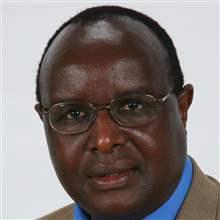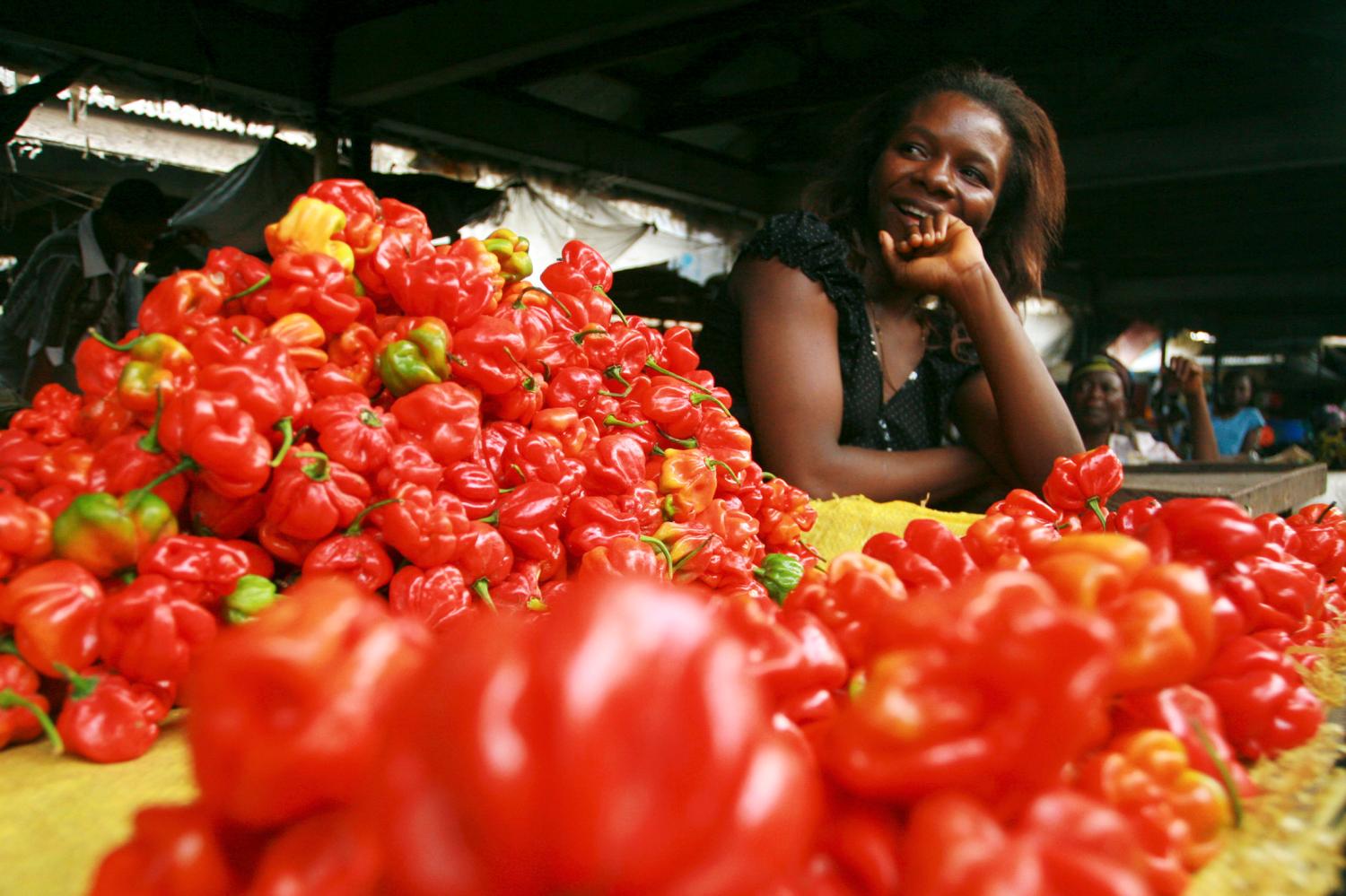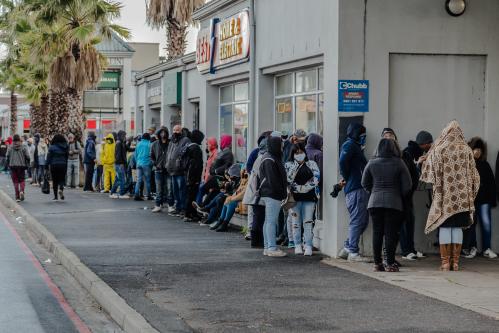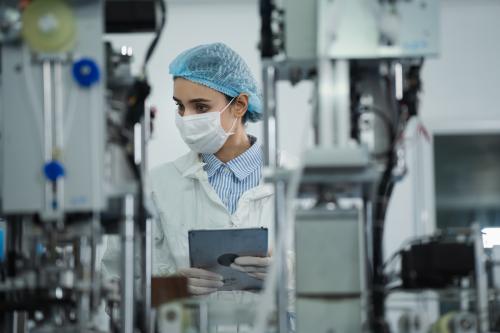Introduction – Case Study: The Rivers Songhai Initiative
Rivers state in the Niger Delta region is one of the largest state economies in Nigeria. However, the state’s economic growth has not translated into commensurate local employment opportunities. The 2011 unemployment rate for Rivers state was about 26 percent, compared with a national unemployment rate of around 24 percent. Youth and female unemployment in Nigeria are especially high, and the Niger Delta is no exception. In addition, poverty is a problem in Rivers state: In 2008, 56 percent of households fell in the lowest reported income bracket, making between ₦1,000 and ₦20,000 per month, equivalent to between just $.20 and $4 per day.
The state produces 50 percent of Nigeria’s crude oil exports and 95 percent of the country’s natural gas exports. It also has large potential for agricultural production, with 39 percent of land suitable for cultivation. However, agricultural productivity is low due to multiple factors, including low soil quality from oil spillage and leakage; a high emphasis by federal and state governments on the oil sector; and a perception among youth that agriculture is an unattractive means of employment. In order to create an economic shift towards agriculture, in 2008 the governor of Rivers state implemented a replica of the Songhai International agricultural training center model first pioneered in Porto Novo, Benin.
What is the Songhai International Model?
The Rivers Songhai Initiative (RSI) is based on the Songhai International model. The model consists of a centrally located agricultural training center with a working farm that provides opportunities for practical learning and agricultural tourism. Similar initiatives have been set up in Liberia, the Republic of the Congo, Sierra Leone and elsewhere in Nigeria. The Songhai International model incorporates three main components to train farmers. First, it provides instruction on the concept of zero waste, whereby farming by-products are used in other activities (e.g., manure is used to fertilize crops). Second, the model teaches farmers entrepreneurial skills and how to get more value from their primary products. Third, it provides participants with access to a network of satellite farms started by graduates of the program.
The RSI’s specific goals are to diversify production in Rivers state beyond the oil industry, improve agriculture productivity, and reduce youth unrest by giving them better access to employment and entrepreneurship opportunities. The project promotes inclusiveness by encouraging the community to select trainees for the initiative. The Songhai International staff currently oversees the RSI, and the Rivers State Sustainable Development Agency plans to take over administration of the project in 2015. However, the implementation of the full model is not yet complete: The RSI has not established the network of satellite farms proposed in the original model.
About the Models of Development and Experiential Learning (MODEL) Study:
The Models of Development and Experiential Learning study is a collaborative effort between the Brookings
Africa Growth Initiative (AGI), Foundation for Partnership Initiatives in the Niger Delta (PIND) and Nigerian
Institute of Social and Economic Research (NISER). The goal of MODEL is to identify, understand,
document and share development models that address a broad range of constraints to economic growth and community well-being in the Niger Delta. As a part of the MODEL study, AGI, PIND and NISER researchers surveyed staff and trainees of the Rivers Songhai Initiative in the Niger Delta. The data for this study were obtained from a survey conducted in August and September of 2013. The survey targeted a representative, random sample of 10 percent of the total population of RSI trainees from five communities (1,000 individuals). The qualitative data were obtained from nine in-depth interviews with individuals in various paid positions within the RSI and from focus groups of men, women and youth in some of the communities.




